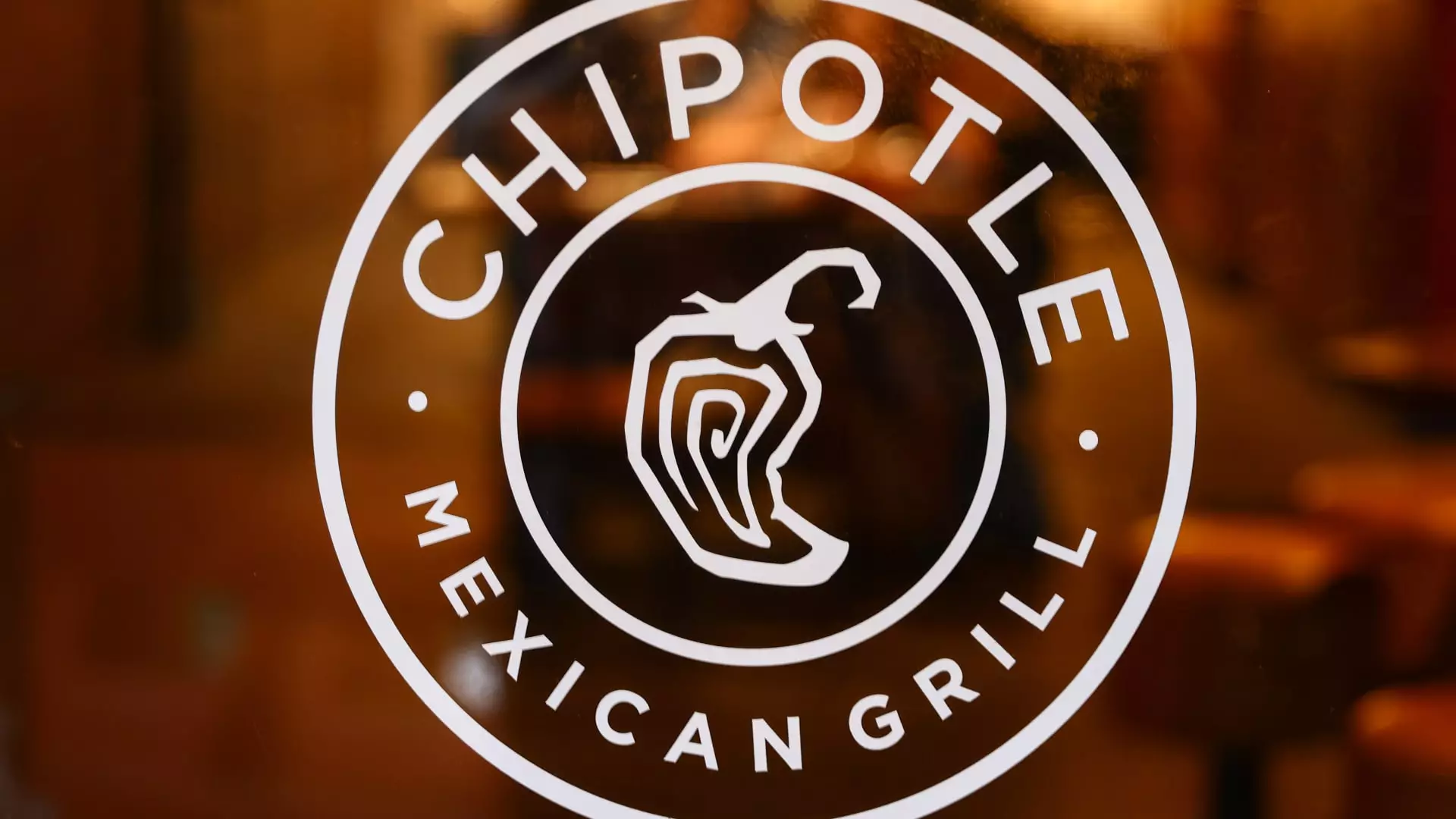In an audacious move that could redefine international fast-casual dining, Chipotle Mexican Grill has announced plans to open its first restaurant in Mexico by early 2026. This revelation carries inherent excitement but also myriad risks, particularly given the complicated socio-political landscape and the potential backlash from an already nuanced market. Before the dust settles, it’s crucial to delve into the consequences of this endeavor, especially when perceptions of cultural authenticity are at play.
Choosing the Wrong Partner
Chipotle has partnered with Alsea, a powerhouse known for managing popular international chains in Latin America and Europe. While partnering with a seasoned operator may appear prudent, it also presents distinct challenges. Alsea’s previous associations with fast-food giants could cloud perceptions of Chipotle among Mexican consumers who esteem authenticity in cuisine. By aligning itself too closely with franchises, Chipotle risks diluting its brand identity as a purveyor of fresh, high-quality ingredients.
The Politics of Food
The political climate surrounding U.S.-Mexico relations is anything but stable, particularly as tensions boil over trade tariffs and immigration policies. The irony of Chipotle’s expansion amidst a trade war led by former President Trump cannot be overstated. While the 25% import tariff on avocados was temporarily paused, the broader political strategies of the U.S. might cast a long shadow over consumer sentiments in Mexico. A wrongful interpretation of Chipotle as a cultural invader rather than a valued culinary experience could stymie its growth even before it begins.
A Cultural Conundrum
The very essence of Mexican culinary tradition is diverse and steeped in history, contrasting sharply with American fast-casual dining expectations. Chipotle’s reliance on ingredients typically associated with U.S. interpretations of Mexican cuisine could alienate a discerning market that already has robust culinary expectations. Past failures of American brands, notably Taco Bell’s two unsuccessful attempts to enter the Mexican market, serve as poignant reminders: entering a culture’s culinary space requires immense respect, knowledge, and authenticity.
Expectations vs. Reality
Chipotle’s hopes for winning over Mexican consumers lean heavily on their appreciation for fresh ingredients—a hallmark of Mexican cuisine. But simply providing a menu reminiscent of American tastes may not suffice. The question remains: will Mexican patrons value Chipotle’s “fresh” offering, or will they seek comfort in established local fare? If the latter proves true, Chipotle could face significant challenges.
Each new venture comes with its share of uncertainties, but Chipotle’s latest leap into Mexico presents a particularly complex web of culinary, cultural, and political threads. If the company wants to thrive in this new territory, it must navigate these risks with agility and respect for the vibrant tapestry of Mexican cuisine—a task that may be more challenging than their executives anticipate.


Leave a Reply